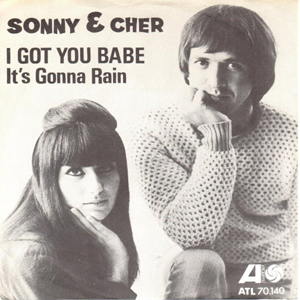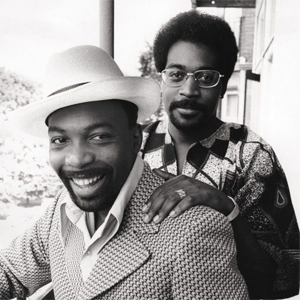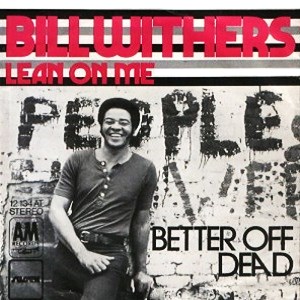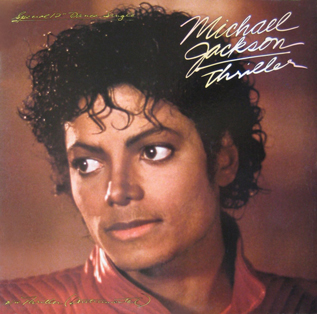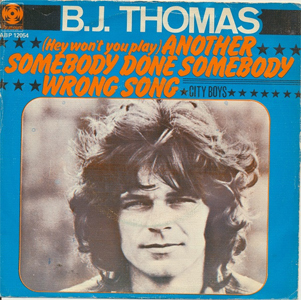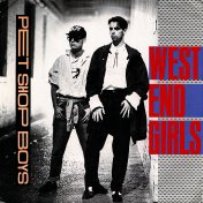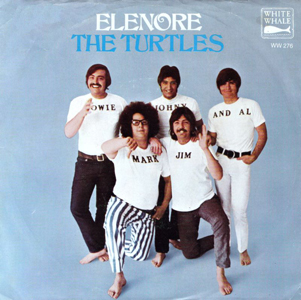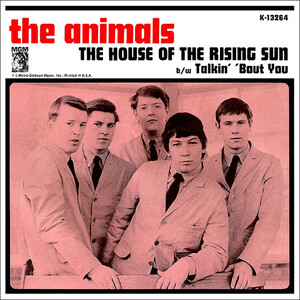Thom Bell, one of the primary architects of the Philadelphia soul sound of the 1970s, transformed popular music through his sophisticated approach to arrangement, production, and songwriting. As a producer, Bell crafted numerous classics with The Stylistics (“You Make Me Feel Brand New,” “Betcha by Golly, Wow”), Spinners (“I’ll Be Around,” “Could It Be I’m Falling In Love”), and The Delfonics (“La-La (Means I Love You),” “Didn’t I (Blow Your Mind This Time)”). His signature style combined lush orchestration with tight rhythm sections, creating a smooth yet emotionally resonant backdrop for the distinctive vocal harmonies of these groups.
Beyond his production work, Bell’s talents as an arranger and songwriter were equally significant to his legacy. His intricate string and horn arrangements elevated songs like “People Make the World Go Round” by The Stylistics and “The Rubberband Man” by The Spinners into something far more sophisticated than typical pop fare. As a songwriter, often collaborating with Linda Creed, he penned enduring hits including “You Are Everything” and “Break Up to Make Up.” While this playlist highlights his work as a producer, Bell’s arranging skills also enhanced recordings by artists he didn’t produce, including Archie Bell & The Drells, Dusty Springfield, Jerry Butler, and many others, extending his musical influence far beyond his core production credits.
What distinguished Bell’s work was his classical training combined with deep soul sensibilities—creating arrangements that balanced complexity with accessibility. Unlike many producers of his era who relied on formula, Bell approached each artist uniquely, tailoring his sound to complement specific vocal qualities. This musical versatility allowed him to help shape not just the Philadelphia soul sound but to influence broader pop music trends throughout the 1970s and beyond. His productions maintain their artistic integrity and emotional impact decades later, testament to a visionary who understood that the most profound musical innovations often happen in the mainstream, where artistry and accessibility converge.
Follow Tunes Du Jour on Facebook
Follow me on Bluesky
Follow me on Instagram

